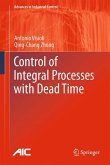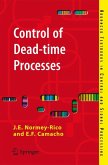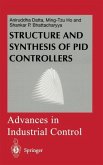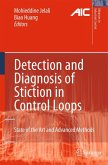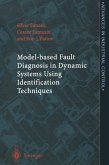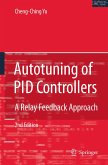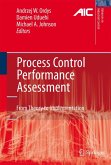The series Advances in Industrial Control aims to report and encourage technology transfer in control engineering. The rapid development of control technology has an impact on all areas of the control discipline. New theory, new controllers, actuators, sensors, new industrial processes, computer methods, new applications, new philosophies. . . , new challenges. Much of this development work resides in industrial reports, feasibility study papers and the reports of advanced collaborative projects. The series offers an opportunity for researchers to present an extended exposition of such new work in all aspects of industrial control for widerand rapid dissemination. Benchmarking is a technique first applied by Rank Xerox in the late 1970s for business processes. As a subject in the commercial arena, benchmarking thrives with, for example, a European Benchmarking Forum. It has taken rather longer for benchmarking to make the transfer to the technical domain and even now the subject is making a slow headway. Akey research step in this direction was taken by Harris (1989) who used minimum variance control as a benchmark for controller loop assessment. This contribution opened up the area and a significant specialist literature has now developed. Significant support for the methodologywas given by Honeywell who have controller assessment routines in their process control applications software; therefore, it is timely to welcome a (first) monograph on controller performance assessment by Biao Huang and Sirish Shah to the Advances in Industrial Control series.
Dieser Download kann aus rechtlichen Gründen nur mit Rechnungsadresse in A, B, BG, CY, CZ, D, DK, EW, E, FIN, F, GR, HR, H, IRL, I, LT, L, LR, M, NL, PL, P, R, S, SLO, SK ausgeliefert werden.



